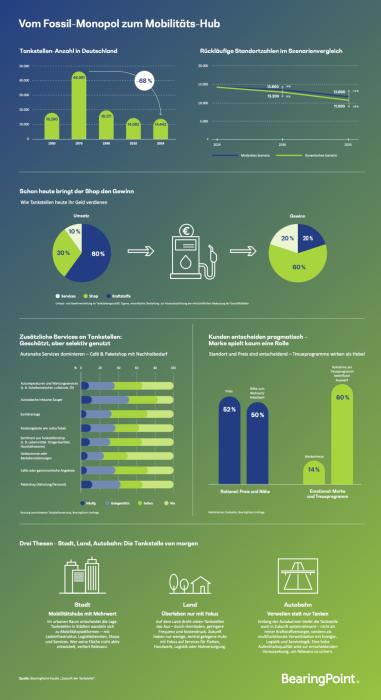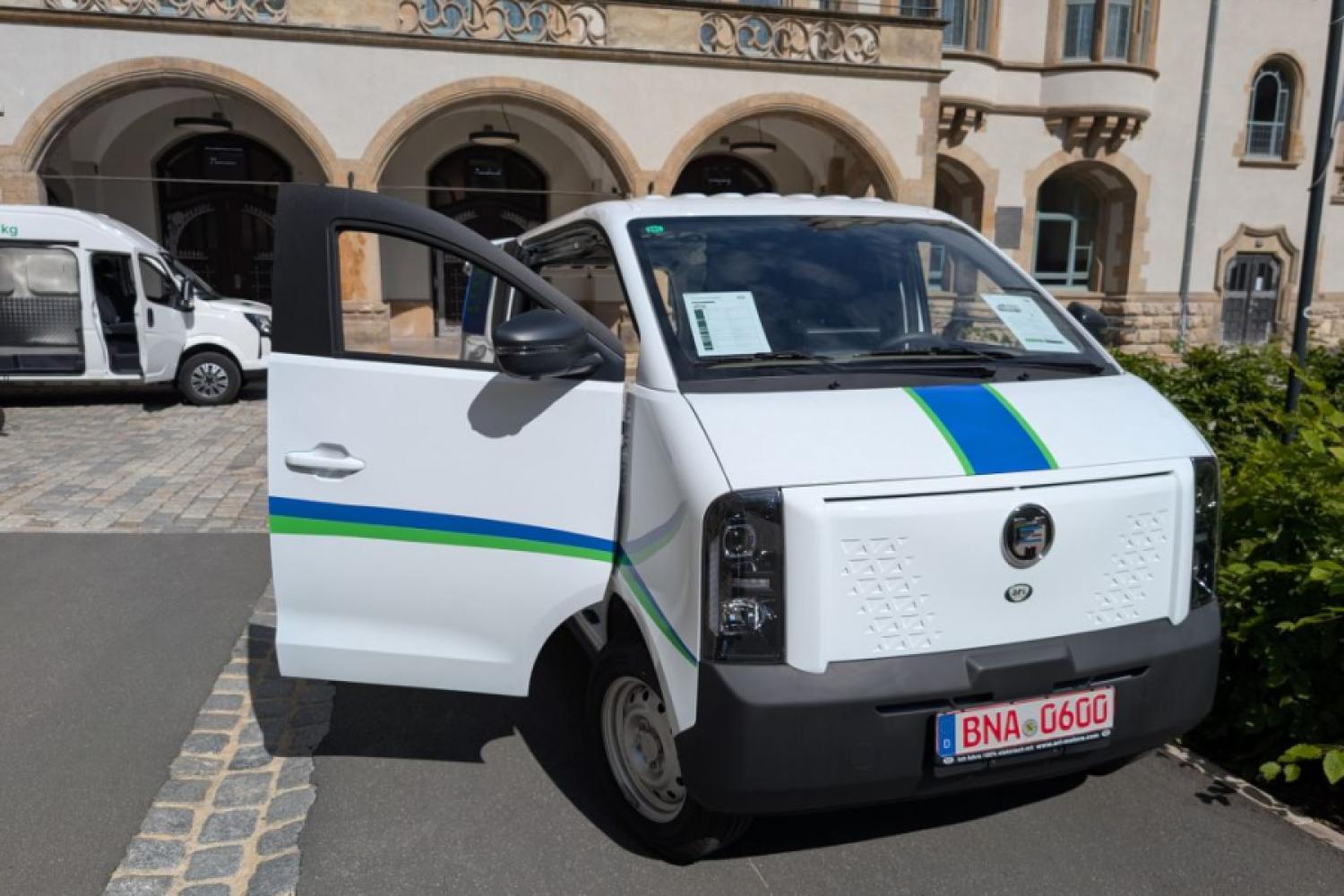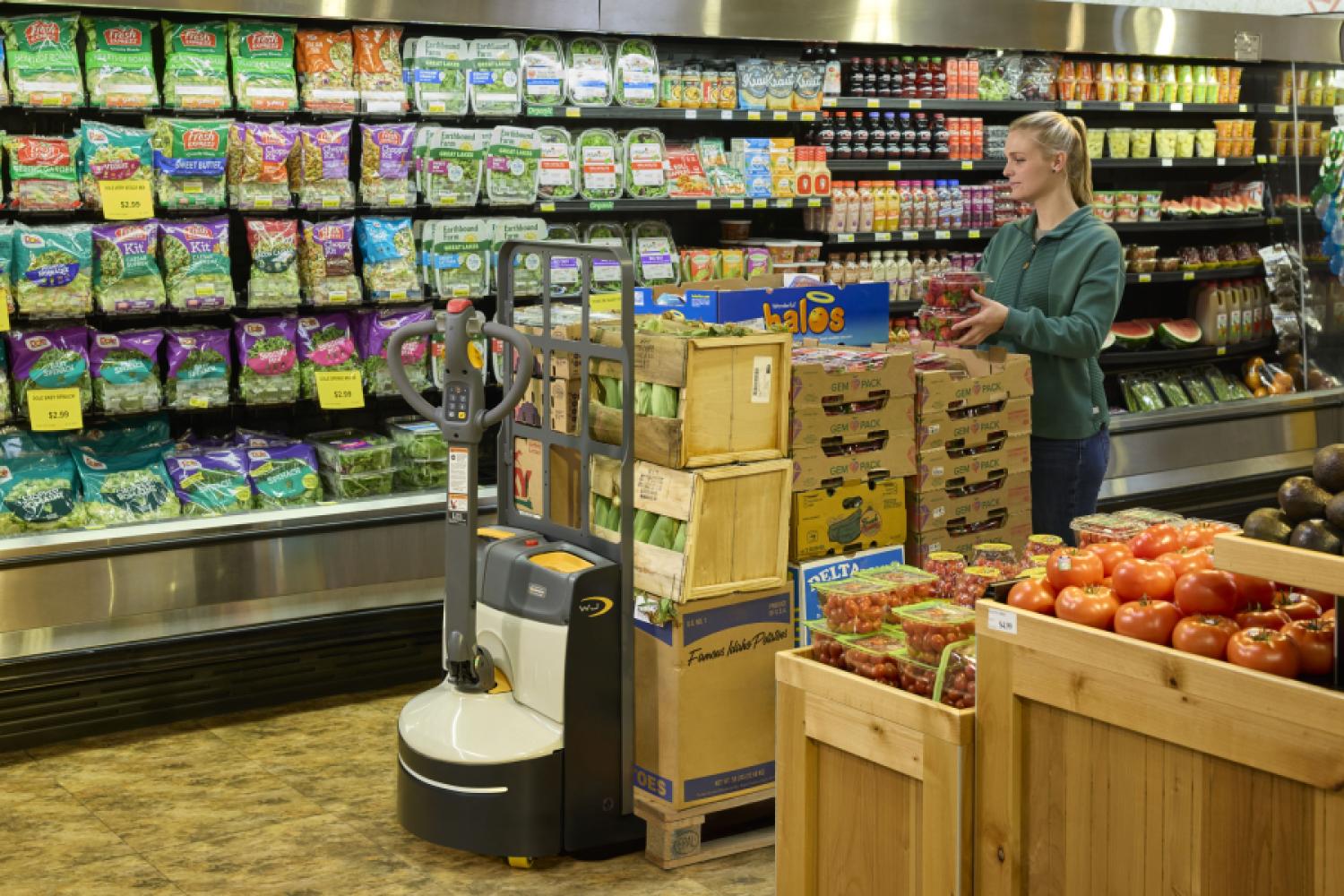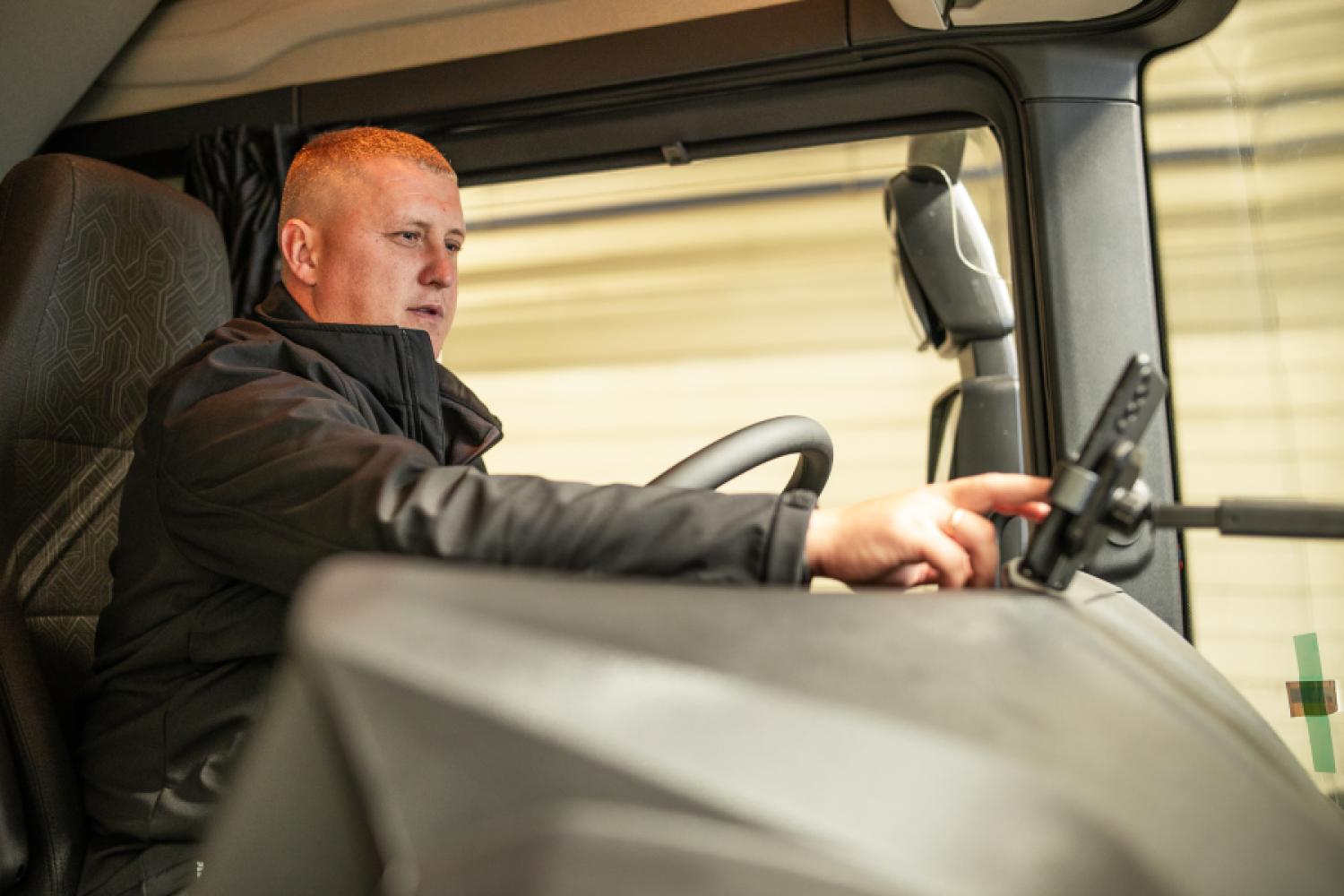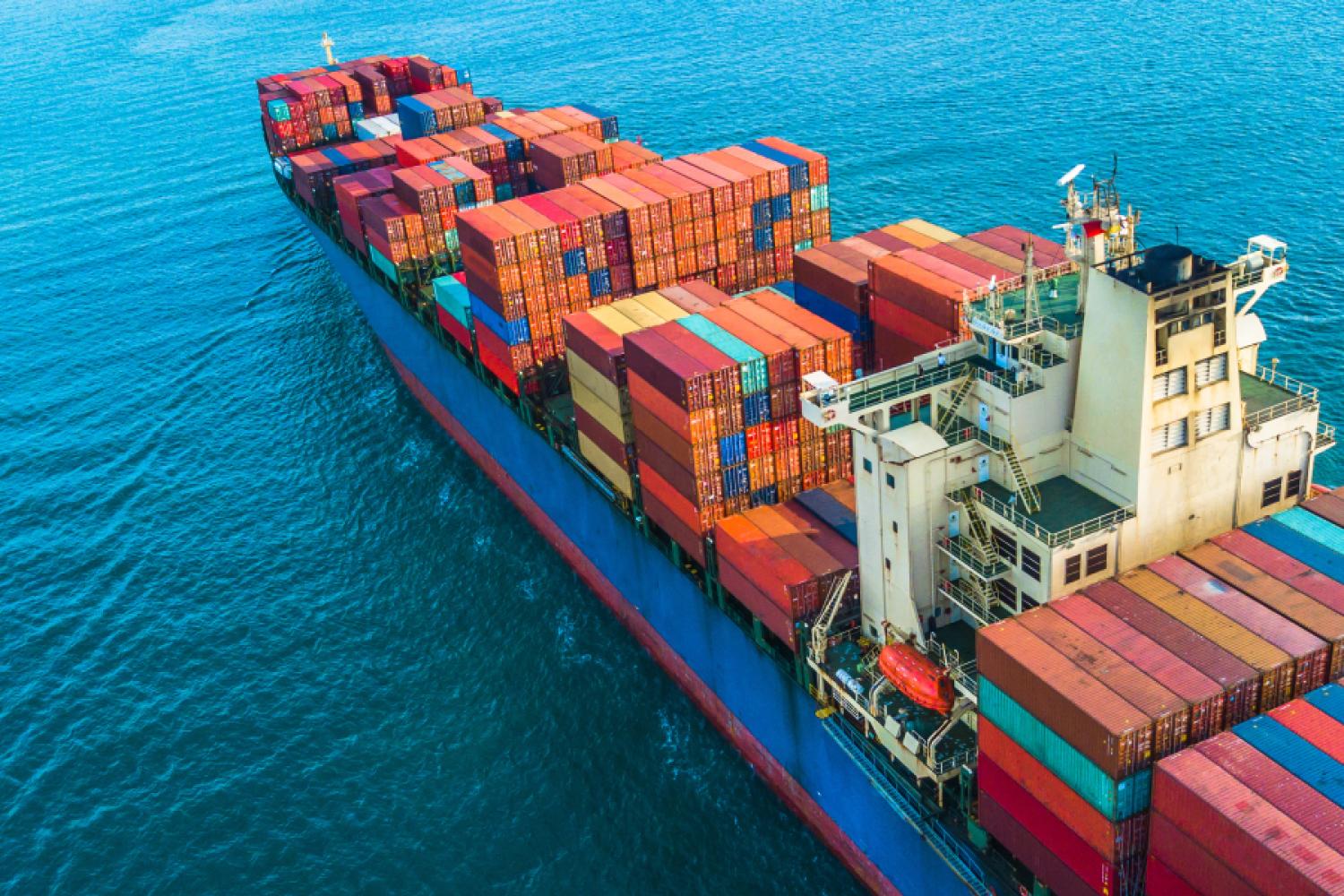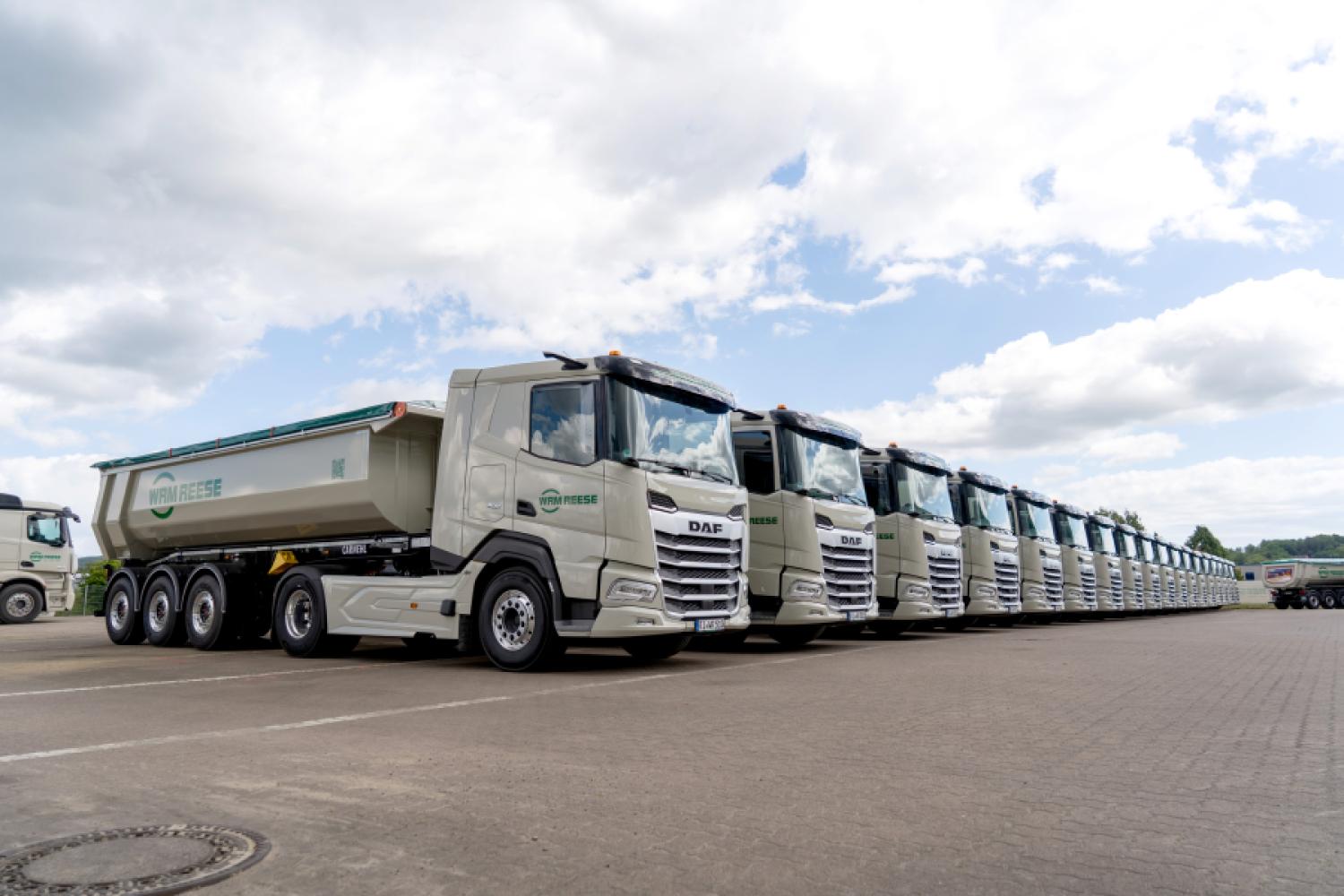From the transformation in transportation, the classic highway gas station remains far from untouched. This is demonstrated by a recently published study by the management and technology consultancy Bearingpoint. The study "The Gas Station of the Future" explores how the offerings at highway locations are likely to develop in the future—and what effects this will have on users. The basis is a representative consumer survey, interviews with industry representatives, and a market analysis.
Especially along the highways, the study authors expect a fundamental realignment: By the year 2040, the gas stations are expected to evolve into high-quality places where the pure refueling process takes a backseat. Instead, the focus is on the quality of stay, gastronomy offerings, and digital services. For truck drivers in heavy-duty traffic, this could bring both improvements and new challenges.
Truck-compatible charging infrastructure becomes a key task
With the decline of fossil fuels, the importance of charging infrastructure—also for heavy commercial vehicles—is rising. The study shows that highway
locations must offer fast-charging technology in the future to meet, in particular, the requirements of electric trucks. This poses major investments and technical challenges for operators, but from Bearingpoint's point of view, it is indispensable.
"The question is no longer whether the gas station needs to change, but how quickly and in which direction," says Nina London, partner at Bearingpoint.
In her opinion, only those providers will survive who invest in charging infrastructure, digital services, and new business models—also with regard to the requirements of commercial traffic.
More quality of stay—but not everywhere
According to the study, highway locations will develop into places where not only refueling or charging takes place, but where drivers consciously take a break. Bearingpoint mentions, among other things, improved gastronomy offerings, more comfort in the sanitary area, and additional services such as secure parking spaces or digital booking systems.
However, whether this development takes place across the board remains questionable. The study expects that the number of
gas stations nationwide could significantly decrease by 2035—from the current approximately 14,400 to possibly only 11,000. While this mainly affects rural supply points, the competition for profitable highway locations is also expected to increase.
Digital services in focus—including for fleets
The digitalization at highway locations is also expected to increase, according to the study. Bearingpoint emphasizes that contactless payment, digital price information, or discount systems are becoming increasingly important for many users. For commercial traffic, this means: fleet operators and drivers must adjust to new processes, for example, in billing or using bonus and booking systems.
The study also recommends that operators specifically target new customer groups, such as fleet customers or mobility platforms. This could be achieved through individual offers, telematics integration, or digital customer portals. However, a deep digitalization of internal processes is a prerequisite—which not all companies succeed in to the same extent.
Market shift possible
Another point of potential relevance for freight traffic: the market shares in the
gas station sector could shift. While so far the large petroleum companies dominate the fuel sales, in the future energy and technology companies could also play a stronger role—for instance, with their own fast-charging offerings or mobility platforms.
For fleet customers in heavy traffic, this could result in new cooperation models and payment systems. At the same time, greater networking between operators and fleets is expected—for example, through digital interfaces for reservation, billing, or maintenance services.
Conclusion: Change requires adaptation—including in freight traffic
For truck drivers, the change in highway gas stations is likely to primarily mean a change in the familiar routine at first. New charging options, digitized services, and better quality of stay offer opportunities—but also require a willingness to adapt.
According to Bearingpoint, a rethink is also necessary on the part of companies in road freight transport. The consultants recommend: those who want to refuel, charge, or pause smoothly in the future should familiarize themselves early with the new
